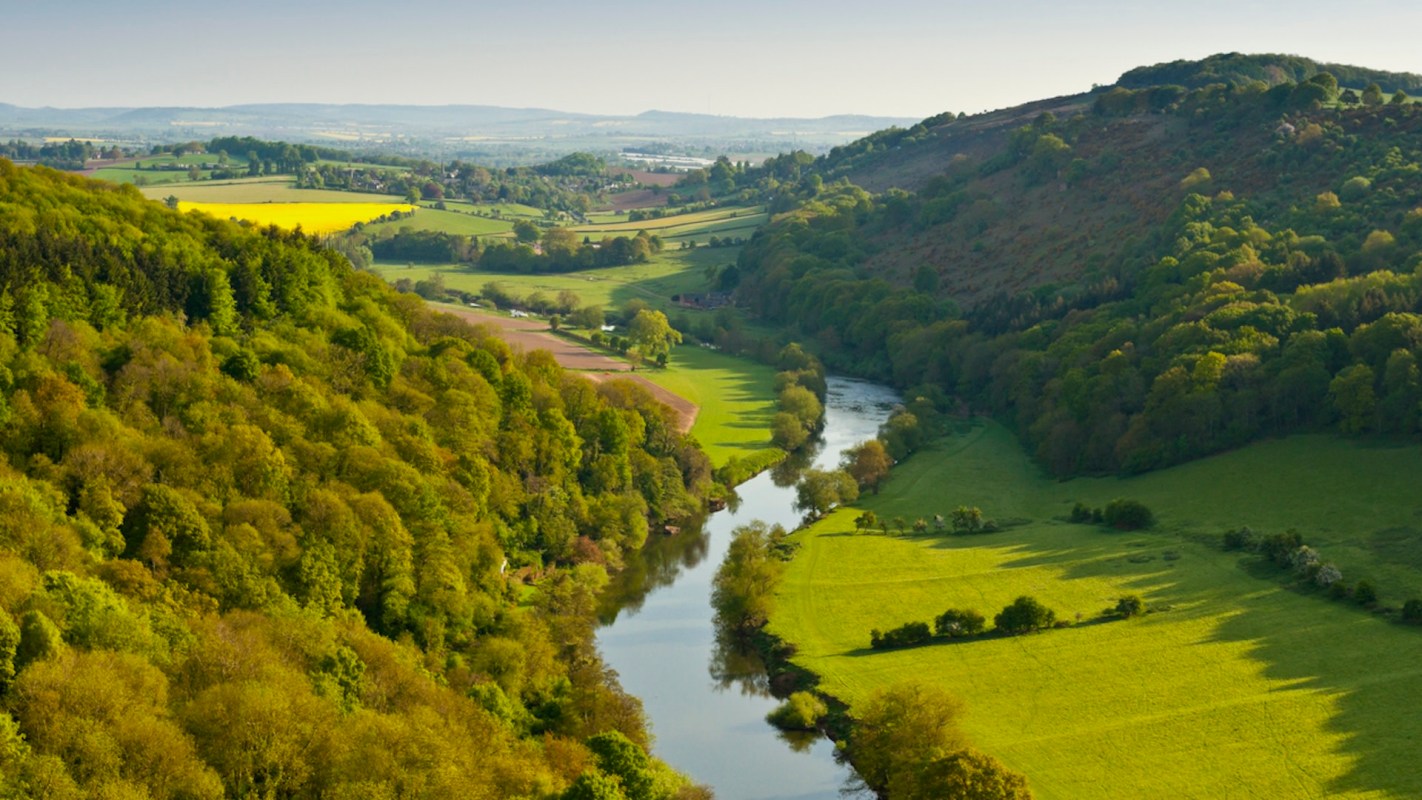Two centuries ago, the residents of Swindale, England, decided to straighten the local stretch of river — called Swindale Beck — in order to make its water run faster, which they thought would help farmers. Predictably, this was a terrible idea as it transformed a thriving ecosystem into what one expert called "a sad canal."
Two hundred years later, the Royal Society for the Protection of Birds embarked on a project to undo the damage caused by that misguided decision. Beginning in 2016, the RSPB and its partners began "rewiggling" the river — and the efforts have been a tremendous success, the BBC reported.
The group conducted a study of the area to determine the potential original path of the river and then enlisted a team of diggers to recreate that path as closely as possible.
The original alteration to the river made it inhospitable for salmon and trout to spawn and muddied the waters with sediment. However, once its curvy path was reestablished, the RSPB's Lee Schofield described the river's transformation as being nearly instantaneous.
"About three months after the diggers left — we had salmon and trout spawning in the river again," he told the BBC. "We now have vegetation in the river, where young fish can shelter," Schofield explained. "There are gravel banks, deep pools and riffles — shallow, turbulent parts of the river where the water draws in oxygen. It all benefits the whole food chain."
There are lessons to be learned from the straightening of Swindale Beck and its eventual return to glory. The initial mistake shows the folly of trying to fight against nature and bend it to our will — in trying to improve the river, the residents of Swindale made it much worse and harmed local wildlife. Conversely, the efforts of the RSPB show that these types of mistakes can be rectified — it is not too late to restore many parts of nature that humans have ruined.
Other restoration efforts around the world have shown similar success. One family-owned farm, also in England, recently embarked on a large-scale rewilding project. River restoration projects in Oregon, California, and elsewhere have also shown good results.
Join our free newsletter for cool news and cool tips that make it easy to help yourself while helping the planet.









